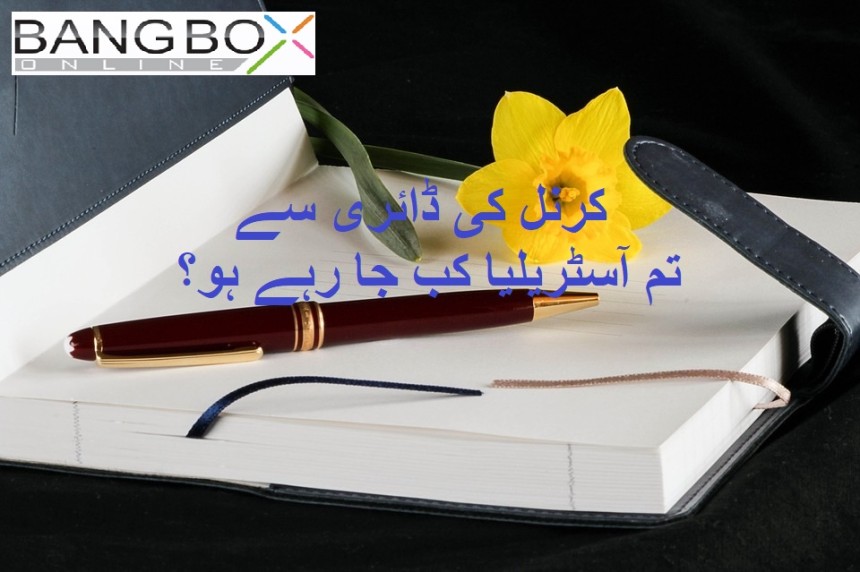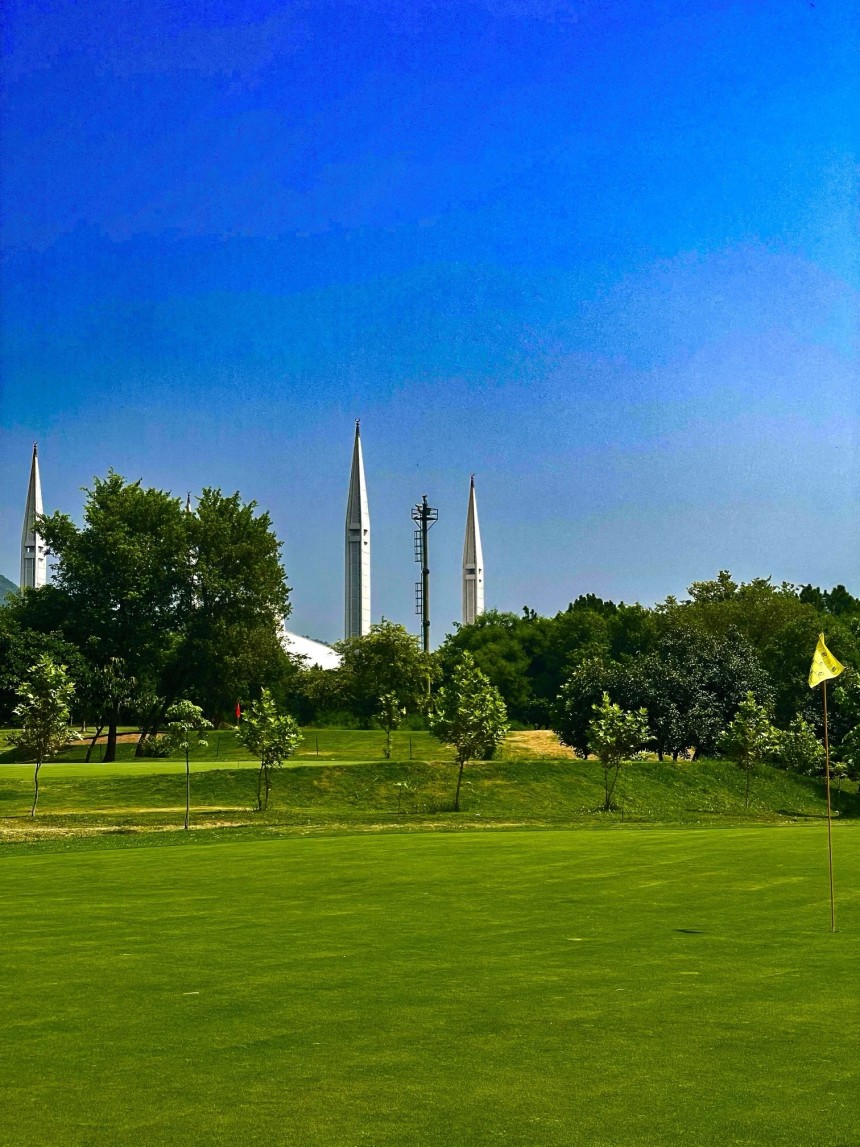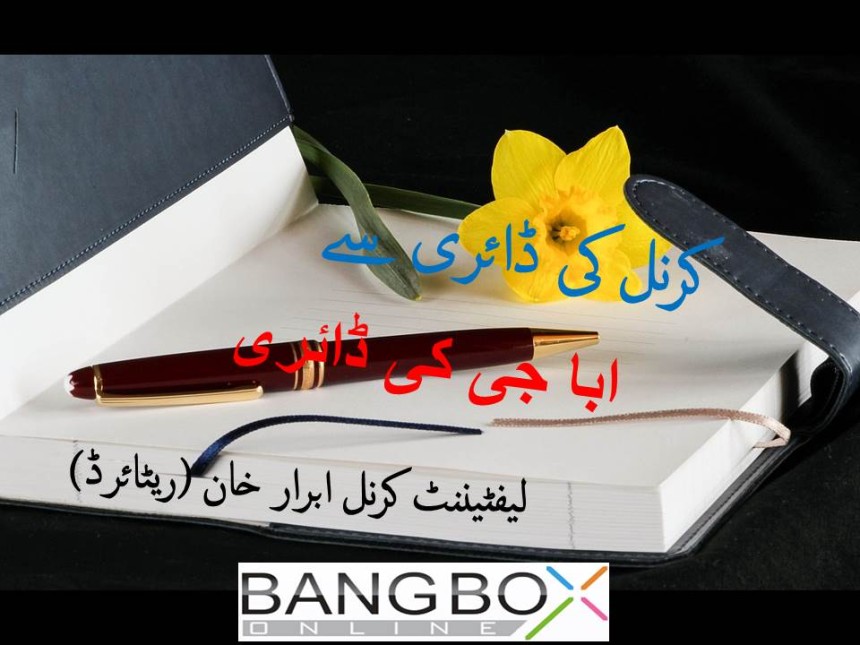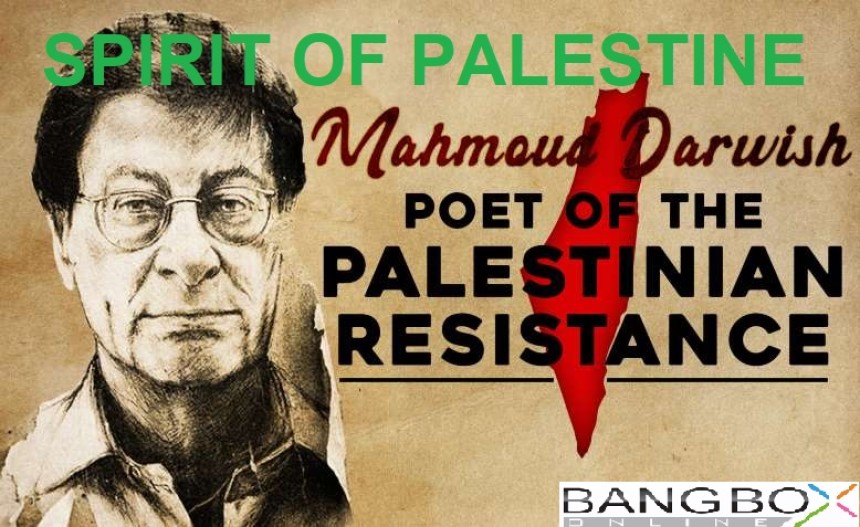
SPIRIT OF PALESTINE; Mahmoud Darwish
The Israel – Palestine Conflict is century old and it is impossible for a common man in the streets of the Muslim World to not get effected by the crisis. The Arab- Israel conflict has severely affected the sentiments of the Muslims across the globe. Here this write up is about the "Spirit of Palestine" as expressed by Poet Mahmoud Darwish; who is also considered to be poet of Palestine and the representing the resistance movement against Israel aggression and oppression.
SPIRIT OF PALESTINE; Mahmoud Darwish
The land of Palestine is the region that holds a sacred land, also known as the Holy Land. The city of Jerusalem, which houses the sacred worship place called “The Temple” & “The Mount”, “Baitul Laham” and the “Al Aqsa Mosque” and is considered reverend place among Jews, Christians, and Muslims.
Since the early 20th century the Holy Land has been the object of conflicting claims of Jewish, Palestinian and the Muslim World, and the conflict has led to prolonged violence and, in several instances, open warfare. The main cause is the forced occupation of the land by Zionist Jewish Movement and creation of Israel as a country for the progeny of Israel. However, the majority of the Jews who have populated Israel are not real Jewish “Banu Israel”.
The forced occupation and establishment of Israel in 1948, has created many humanitarian crises including the forced dislocation of the local inhabitants, who were mainly Muslims. Scores of Palestinian were dispersed in various parts of the world. The Israel’s oppression, injustice and cruelty have given rise to resistance in the Palestinians and poetry is one main source of raising voice of resistance.
Mahmoud Darwish (1941-2008), a Palestinian poet and author who grew up under the Israel’s occupation and started reciting poems in early boy hood and in few years’ time he was regarded by many as Palestine's national poet. He published his first collection when he was only 19 years old, and since then he published numerous collections. His works have been translated into more than 20 languages.
Poetry is about collection and expression of thoughts in metaphors and symbols. Mahmoud Darwish borrowed from the Old and New Testaments, classical Arabic literature, Arab Islamic history, and Greek and Roman mythology to construct his metaphors. Darwish's said that his life in exile inspired his creative work. He often personified Palestine itself as a mother or a cruel beloved.
Mahmoud Darwish became a voice of Palestine and a “resistance poet,”, when he was placed under house arrest on writing a poem “Identity Card”, which instantly turned into a protest song.
He wrote of the Israeli occupation of Palestinian land and the struggle for freedom and independence for the Palestinian people. Darwish gradually played a key role in articulating Palestinian identity. He became the voice of the Palestinian people.
His poems often trace themes of homelessness, exile, freedom, and the pain associated with dislocation. Darwish's life trajectory comprises many overlapping strands like deracination, the trauma of being separated from the homeland, and more.
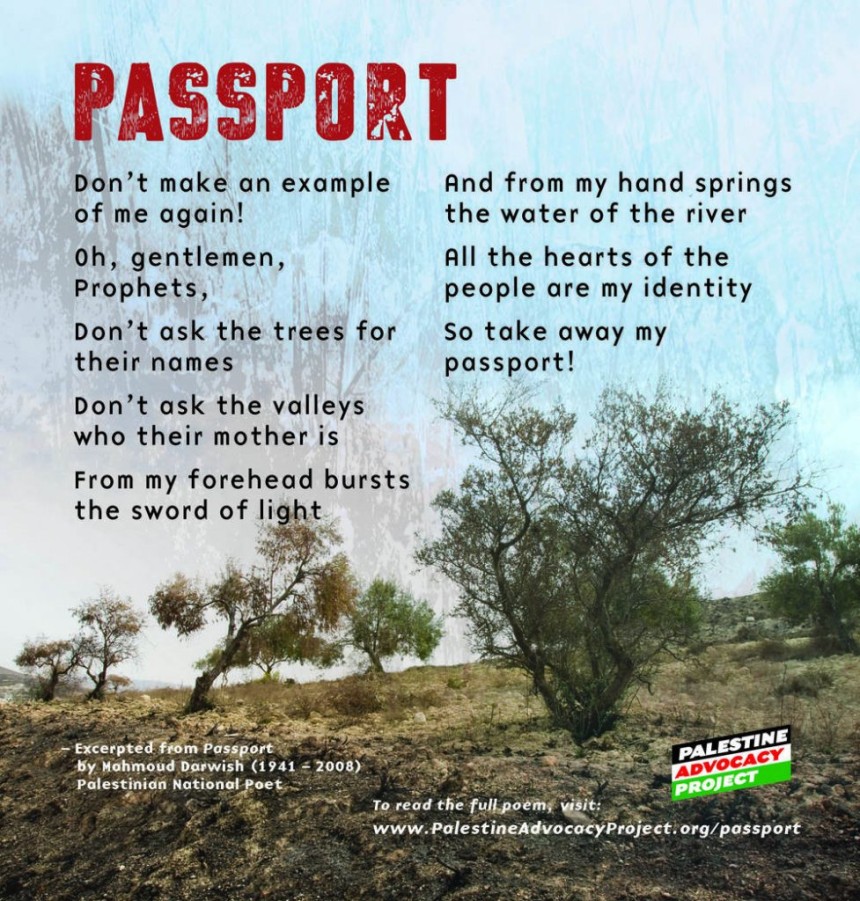
His poem, entitled "I Come From There” is one of the best-known poems of Mahmoud Darwish. This poem is about a speaker in exile. Through this piece, Darwish explores what it feels like to be far away from one’s homeland, suffering behind a prison’s cold walls, and memories that deeply pain the heart.
And I weep to make myself known
To a returning cloud.
I learnt all the words worthy of the court of blood
So that I could break the rule.
I learnt all the words and broke them up
To make a single word: Homeland…..
Passport
It is one of the important poems of Darwish that explore the theme of identity and dislocation of the self. In this poem, Darwish talks about a person who feels isolated in his own country. The physical passport he carries often fails to reflect his identity. But his mind, more reflective of his own identity, shows how much he is connected with the place.
Don’t ask the trees for their names
Don’t ask the valleys who their mother is
From my forehead bursts the sward of light
And from my hand springs the water of the river
All the hearts of the people are my identity
So take away my passport!
Psalm 9
Though this poem carries a spiritual aura around the title, it is more about a speaker’s feeling of displacement. It is about a seeker’s yearning for enlightenment. At the same time, it is about the boulder of discrimination that is placed between the speaker and his desire. It stops him and increases his mental pain. The speaker of the poem only wishes for what the poet writes in the first few lines:
O rose beyond the reach of time and of the senses
O kiss enveloped in the scarves of all the winds
surprise me with one dream
that my madness will recoil from you
Under Siege
“Under Siege” is a long poem about a country under siege. The poem shares what it feels like when one’s heart is besieged. Though the person undergoes a crisis, he is able to find eternity. How does he find that? To know, go through these beautiful lines from the poem:
Our cups of coffee. Birds green trees
In the blue shade, the sun gambols from one wall
To another like a gazelle
The water in the clouds has the unlimited shape of what is left to us
Of the sky. And other things of suspended memories
Reveal that this morning is powerful and splendid,
And that we are the guests of eternity.
A Lover From Palestine
This poem is about a lover missing his beloved. He describes her as a “thorn” impregnated into his heart. Though it pains, he cherishes the thorn of love. It seems his beloved has died. So, he goes on recapitulating the lost hours of togetherness. In this poem, Darwish similarly explores the theme of displacement and longing from one’s homeland. Here are first few lines from the text:
Your eyes are a thorn in my heart
Inflicting pain, yet I cherish that thorn
And shield it from the wind.
I sheathe it in my flesh, I sheathe it, protecting it from night and agony,
And its wound lights the lanterns,
Its tomorrow makes my present
Dearer to me than my soul.
Identity Card
The poem "Identity Card" is about a Palestinian man explaining his identity to an Israeli official (it is implied they are at a security checkpoint). In his description, he describes his family, work situation, and history, lamenting the loss of his homeland. He spoke of a simple person’s proclamation of his identity. He says:
My father ... descends from the family of the plough
Not from a privileged class
And my grandfather ... was a farmer
Neither well-bred, nor well-born!
Teaches me the pride of the sun
Before teaching me how to read
And my house is like a watchman's hut
Made of branches and cane
Are you satisfied with my status?
I have a name without a title!
Write down!
I am an Arab
You have stolen the orchards of my ancestors
And the land which I cultivated
Along with my children
And you left nothing for us
Except for these rocks ...
So will the State take them
As it has been said?!
Therefore!
Write down on the top of the first page:
I do not hate people
Nor do I encroach
But if I become hungry
The usurper's flesh will be my food
Beware ...
Beware ...
Of my hunger
And my anger!
To My Mother
Darwish’s “To My Mother” describes how a speaker misses her deceased mother. He longs for his mother’s food, her touch, and the memories of his childhood days. Being old, he finds it impossible to survive without the care of his mother. That’s why he says:
I am old
Give me back the stars of childhood
That I may chart the homeward quest
Back with the migrant birds,
Back to your awaiting nest.
The central idea of any poem refers to the primary concept, theme, or subject that the poet explores or communicates throughout the poem. Mahmoud Darwish, was a poet whose literary work revolves around Palestine, the forced occupation, the misery and sorrow feeling associated with dislocation from the sacred land. He is, by no doubt the "Spirit of Palestine", a Holy Land encroached upon by Zionist Jews to establish a secular godless and oppressor State.
The Zionist Israel displayed hundreds of Thousand of Palestinians from their land which stared as 1st "Nabqah" and continued unabated till now. Mahmoud Darwish poetry encapsulates the overarching theme of forced dislocation and misery caused by oppressions and that describes his all literary work.
Darwish claim to Holy Land is well described " If the olive trees knew the hands that planted them, their oil would become tears".
Mahmoud Darwish’s poem “On this land those who deserve to live”. He writes to his old home and old life. He starts off by writing, “to our land, and it is the one near the word of God.”
NO translation can carry the real spirit of any poem when compared to its own language. Mahmoud Darwish's mother tongue was Arabic and here in following is one such rendition. For Arabic Speakers, they must read and explore him in his own language. For now, listen this one please.
https://www.youtube.com/watch?v=luZ6cXv6RXU


